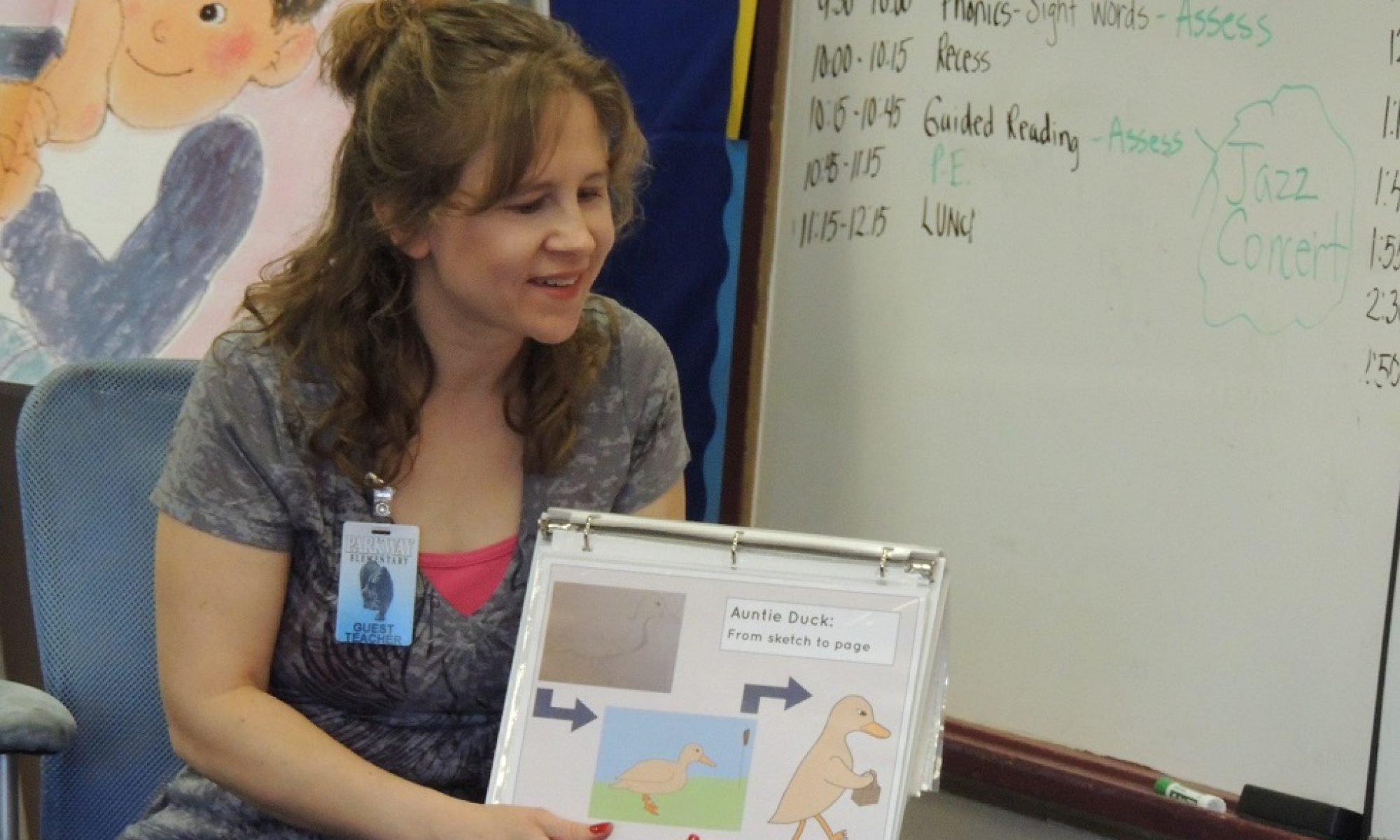Have you ever worked your way through a maze? You take your pencil and start at the beginning (or take your whole self in if it’s a corn maze), then search for an unimpeded path to reach the end.
If the maze is especially tricky, you backtrack MANY times along the way. And you peek at the map–or the answer key–if there is one.
Sometimes you have to start at the end to find the beginning.
That’s the way it was with my newest book, Have You Seen My Frog?, which comes out next month. The story originated from a vivid memory one of my aunts, Mary Jane Foss, has from ages back.
When I was young my family camped a lot. On one camping trip, I slipped a frog into Auntie Jane’s coffee cup when she wasn’t looking. She swallowed a big drink of coffee–frog and all! And, of course, that coffee and the frog came right back up!
I don’t remember putting the frog in her coffee cup. I won’t claim that I couldn’t have done it or that I didn’t do it, because I’ve always had a quirky sense of humor, but still. . . .
So, for Duck’s second book I knew I wanted to include Auntie Duck and “the frog incident.” The problem was, I had no clue what the story itself would be about.
Duck would be the main character, of course. But what was the story problem? What did Duck want, and what would hinder her from achieving her goal?
- Would Duck go to a pond with Auntie Duck and take her friend/pet Frog? Would Frog get lost and Duck had to find him?
- Would Duck go to the park with Auntie Duck, catch a little glimpse of Frog, then try to discover what the flash of green was?
Was this to be a book about something lost and found, or a book of discovery? And what would set it apart from all the other books about lost things or about discovering a new thing?
I had decided that I liked the idea of discovery better, but when I sat down to write the story, it was so hard to write!
“What’s up with this?” I asked myself.
I’d already written an outline and worked out most of the details, so it shouldn’t be this hard to write a 300-word story.
So I went down to a local pond for inspiration. While I was there, I realized why I was having trouble writing the story.
I wasn’t excited about it. It left me feeling flat and uninspired.
I thought about some of the books I do get excited about. Like Jon Klassen’s I Want My Hat Back, Mo Willem’s Pigeon books, Oliver Jeffers’ Stuck, Amy Krouse Rosenthal’s Exclamation Mark and I Wish You More, Herve Tullet’s Press Here, and Molly Idle’s Flora and the Flamingo (just to name a few).
What is it that I love about these books? What piques my interest and makes me want to read them more than once, and to share them with other people?
Some of these books are humorous. Some have surprising, outlandish twists you wouldn’t expect. Some make you smile one moment and make you tear up the next.
And all of them have characters who are relatable.
So I thought: What if Duck’s story isn’t about looking for something? What if her story is about getting pointed in different directions when you’re looking for something?
And that provided the piece of the maze, the “aha moment,” to create the path from the end to the beginning of Have You Seen My Frog?.
Sometimes you have to start at the end to find the beginning.
But as Pete the Cat would say, “It’s all good.”

